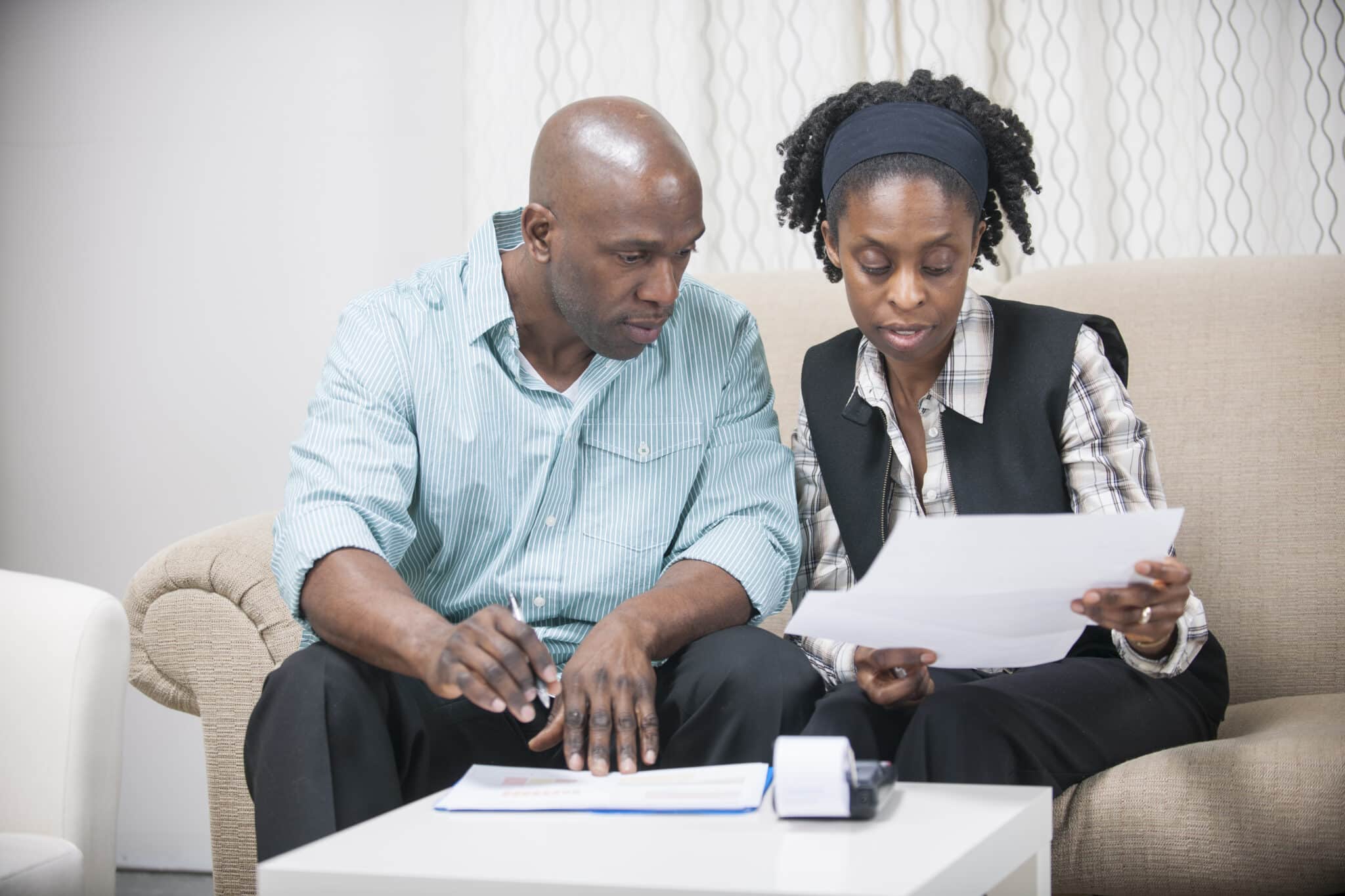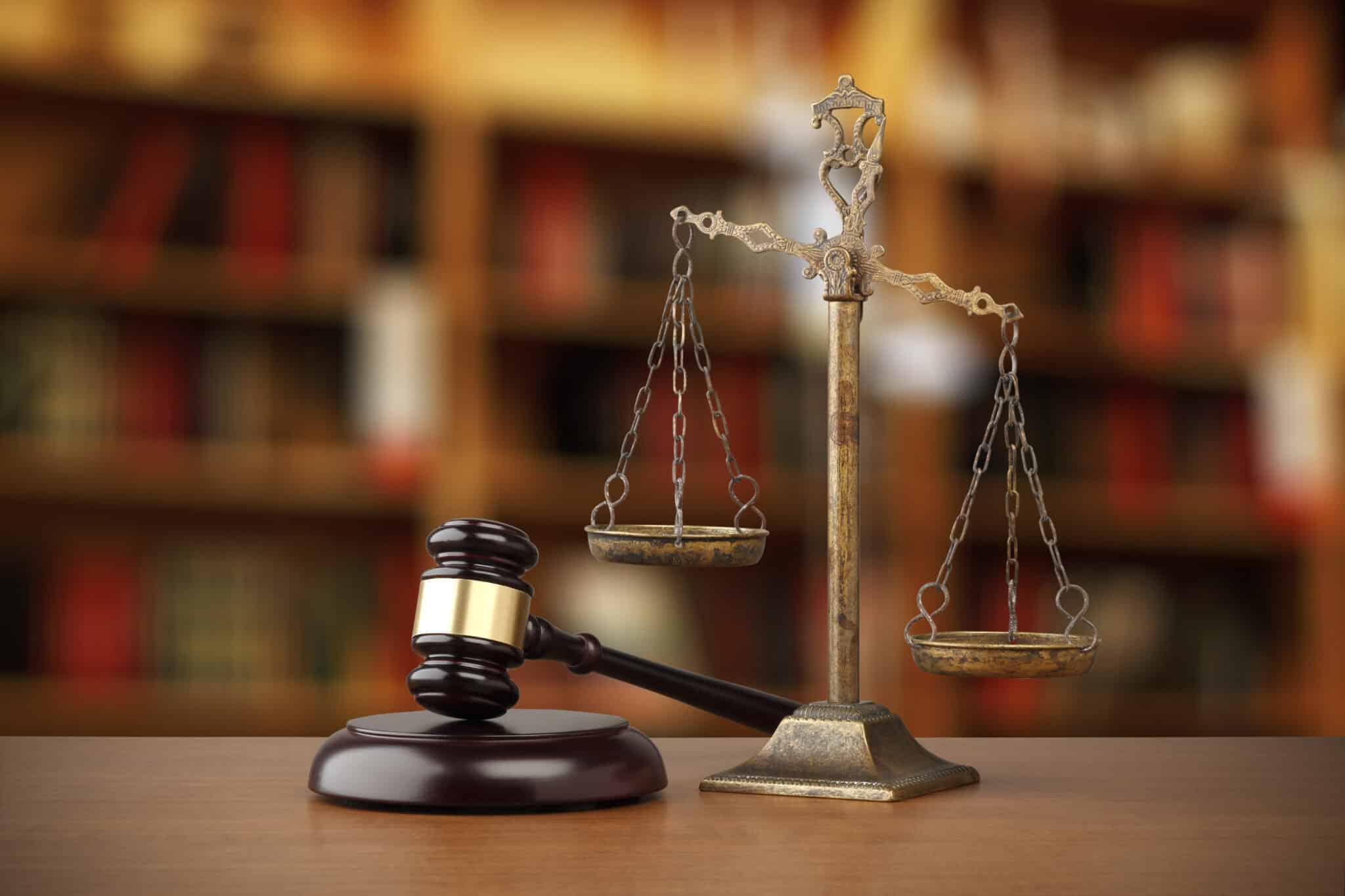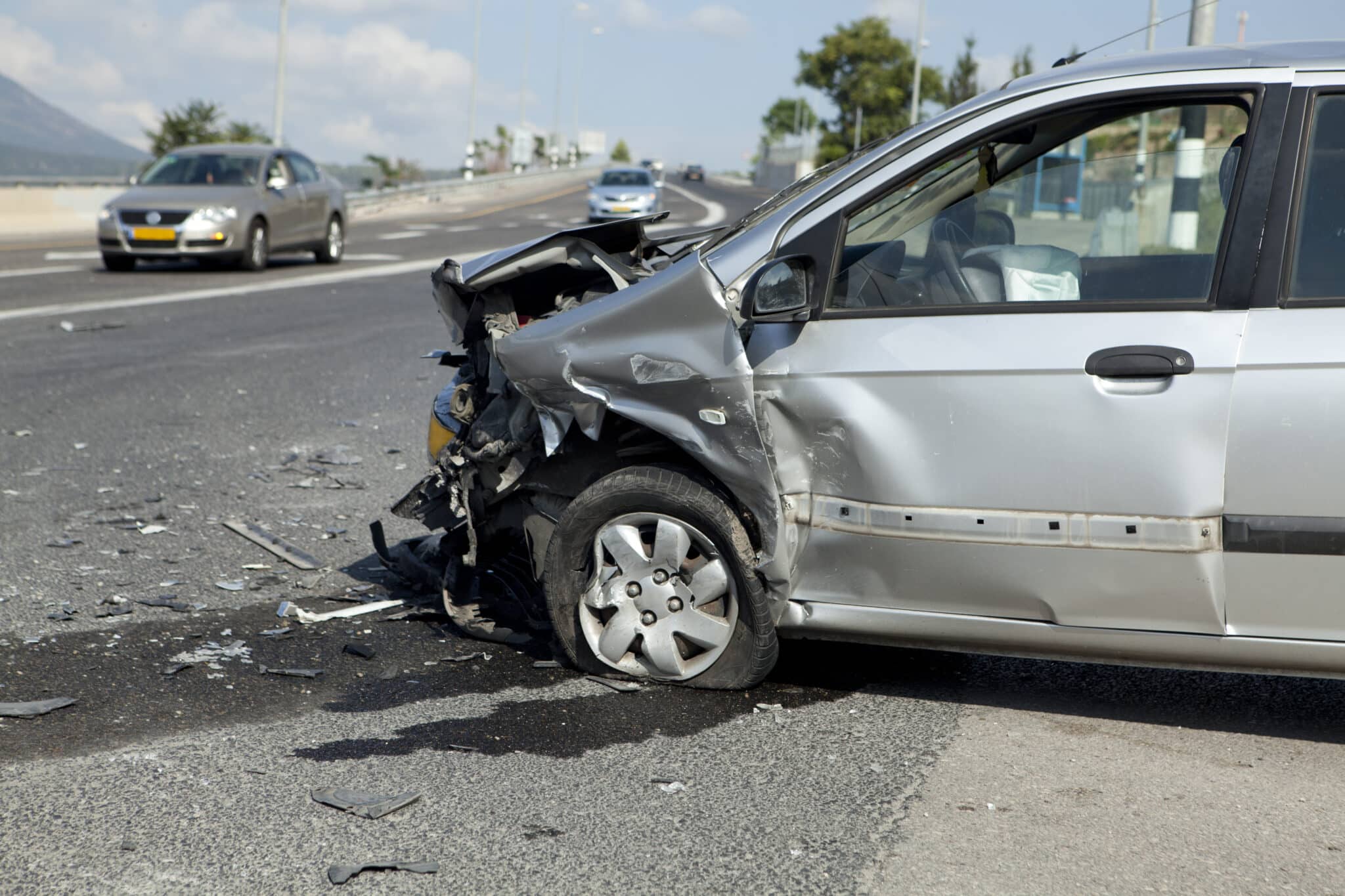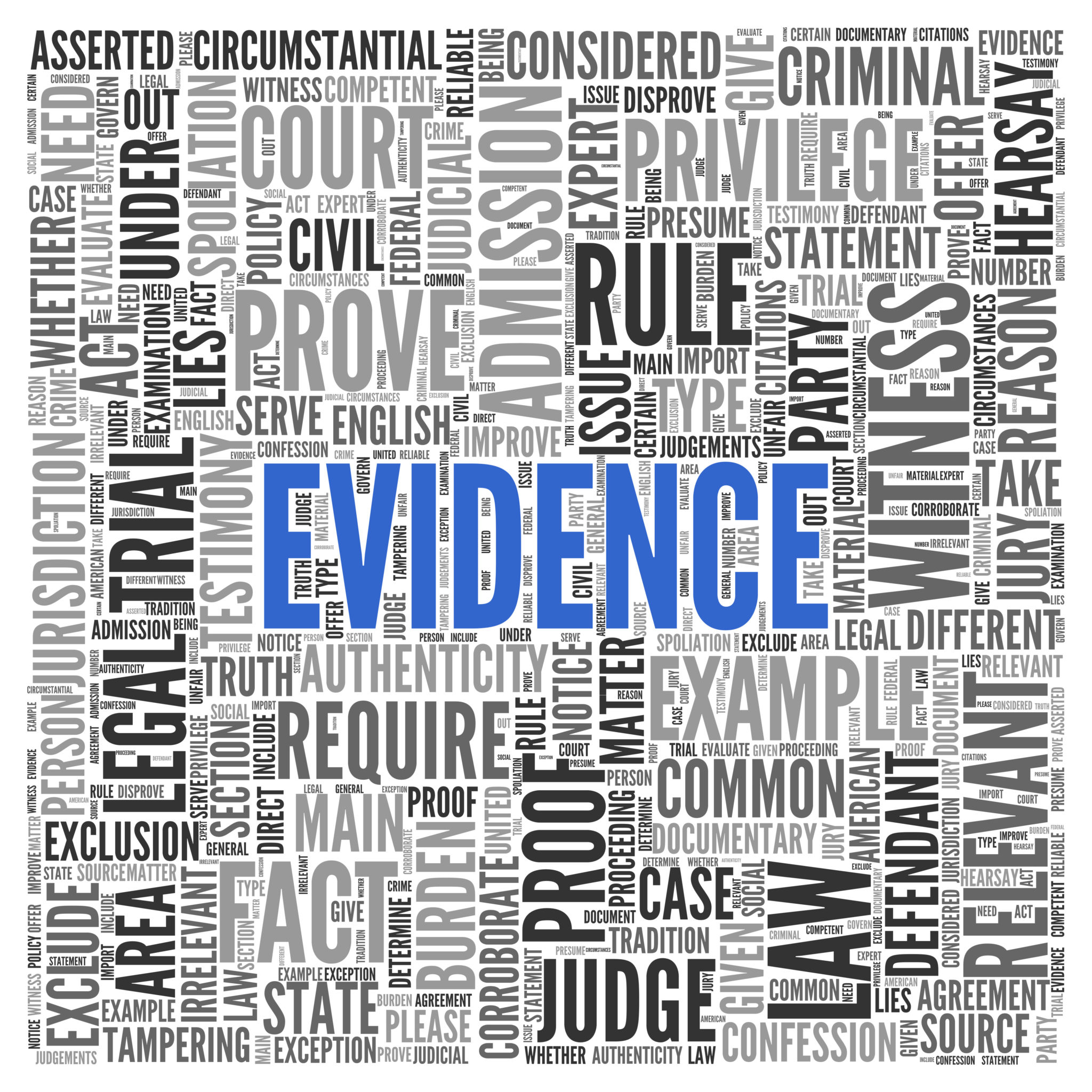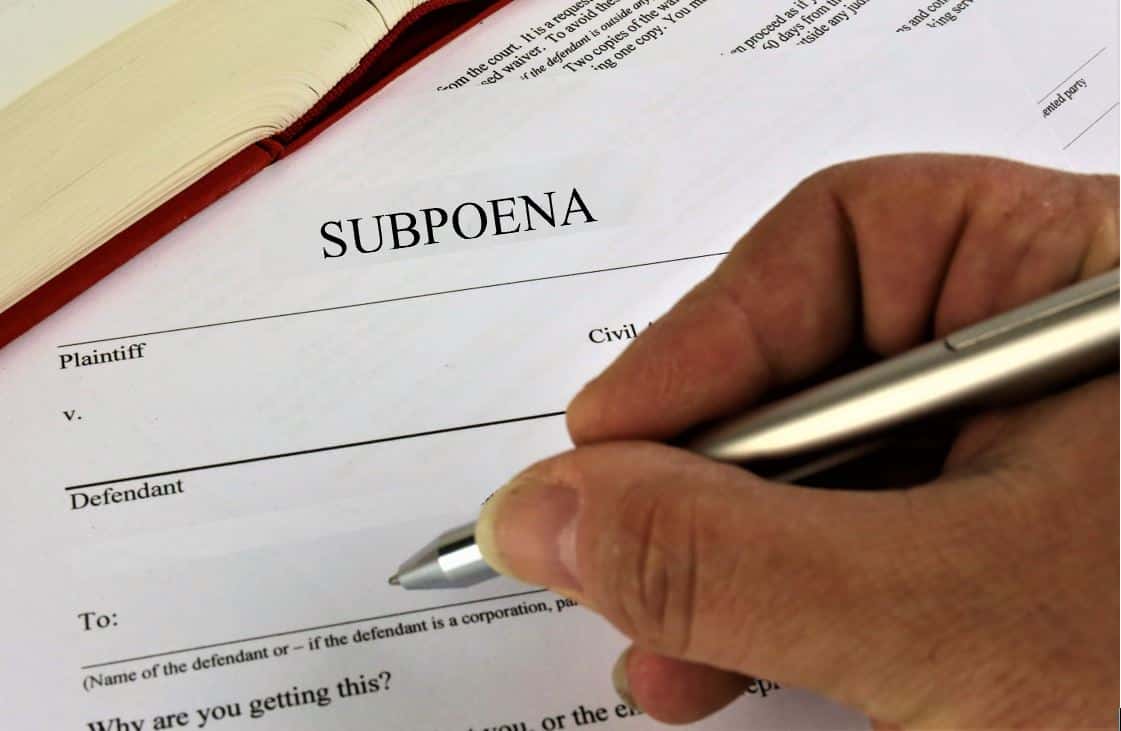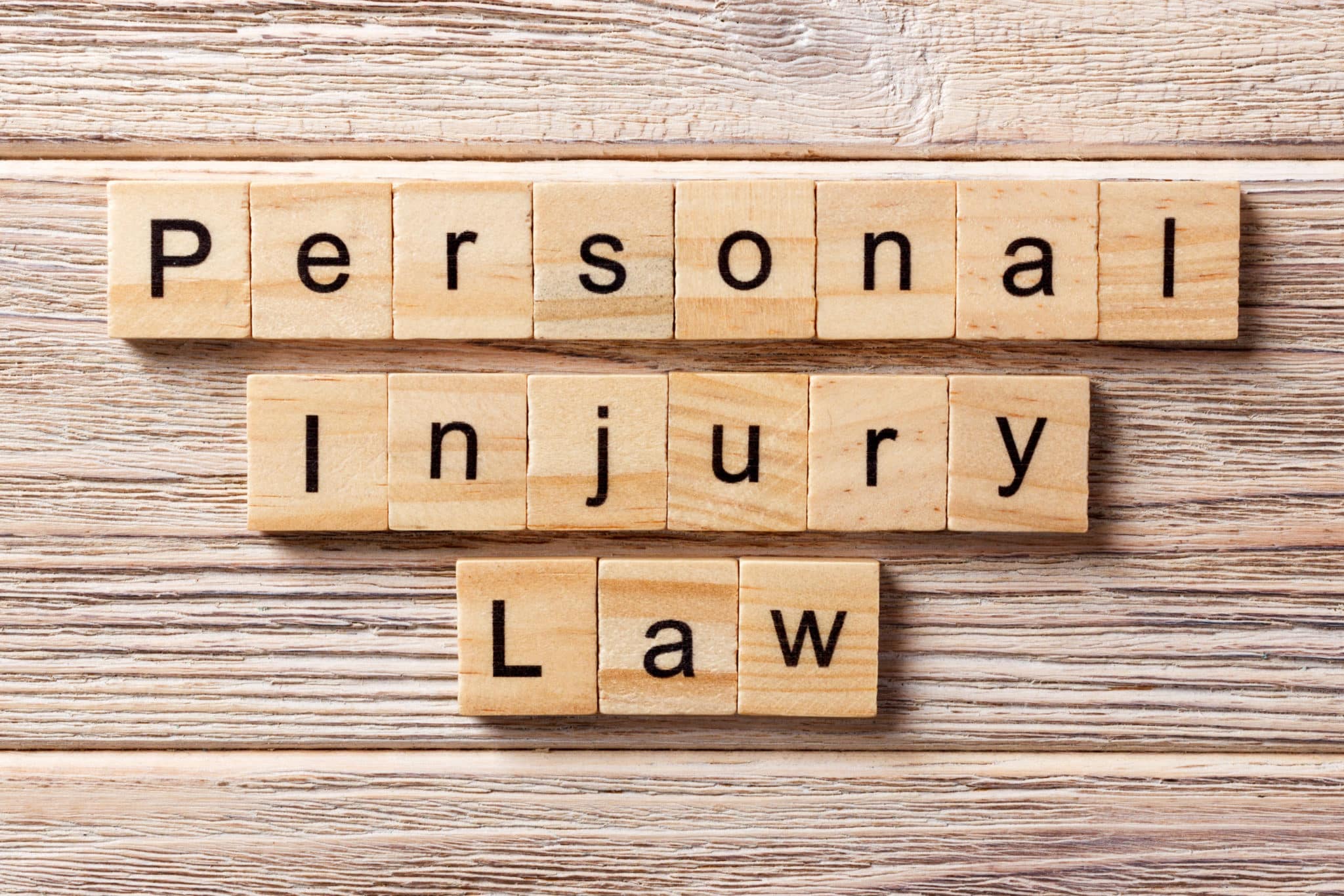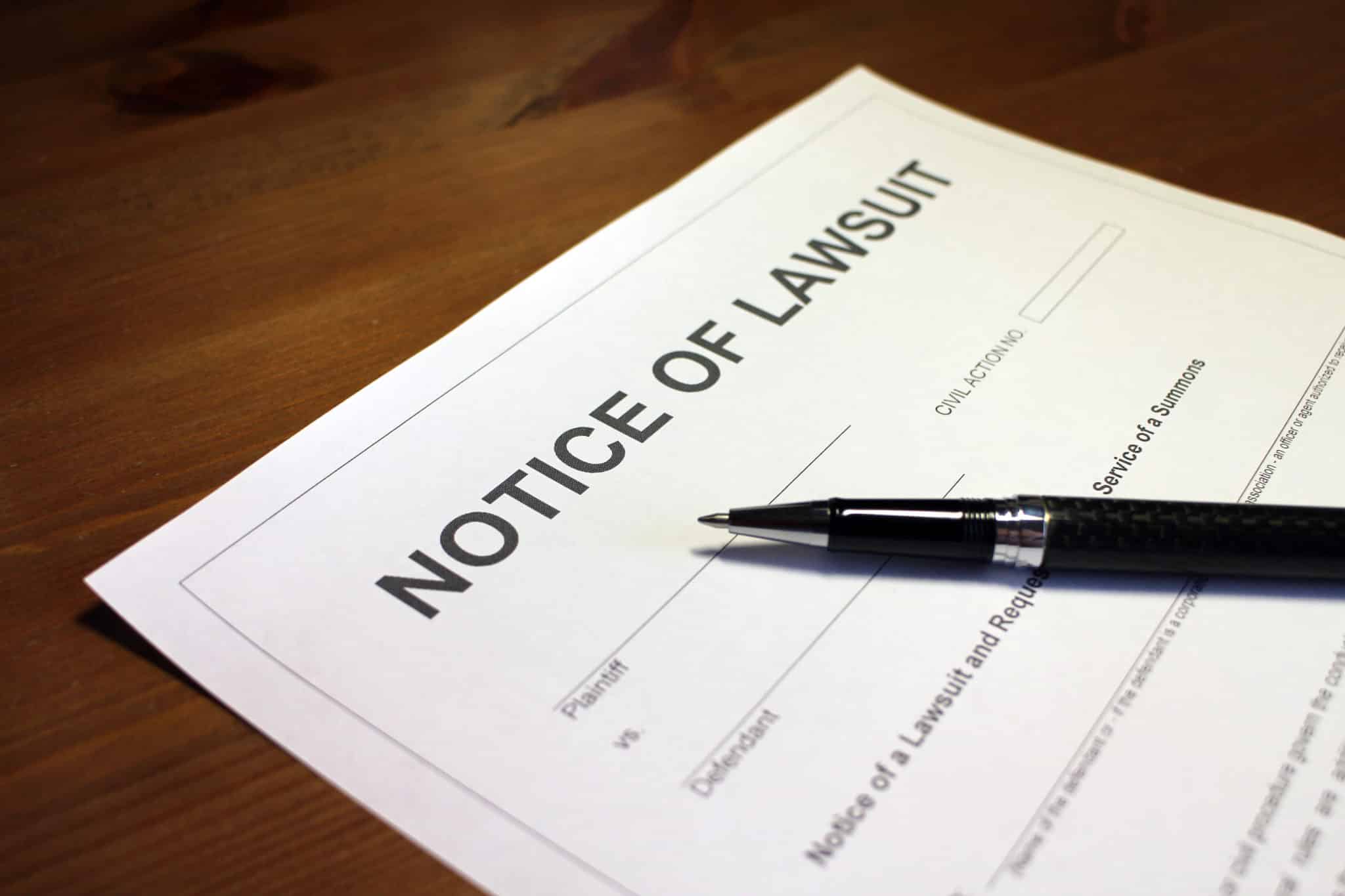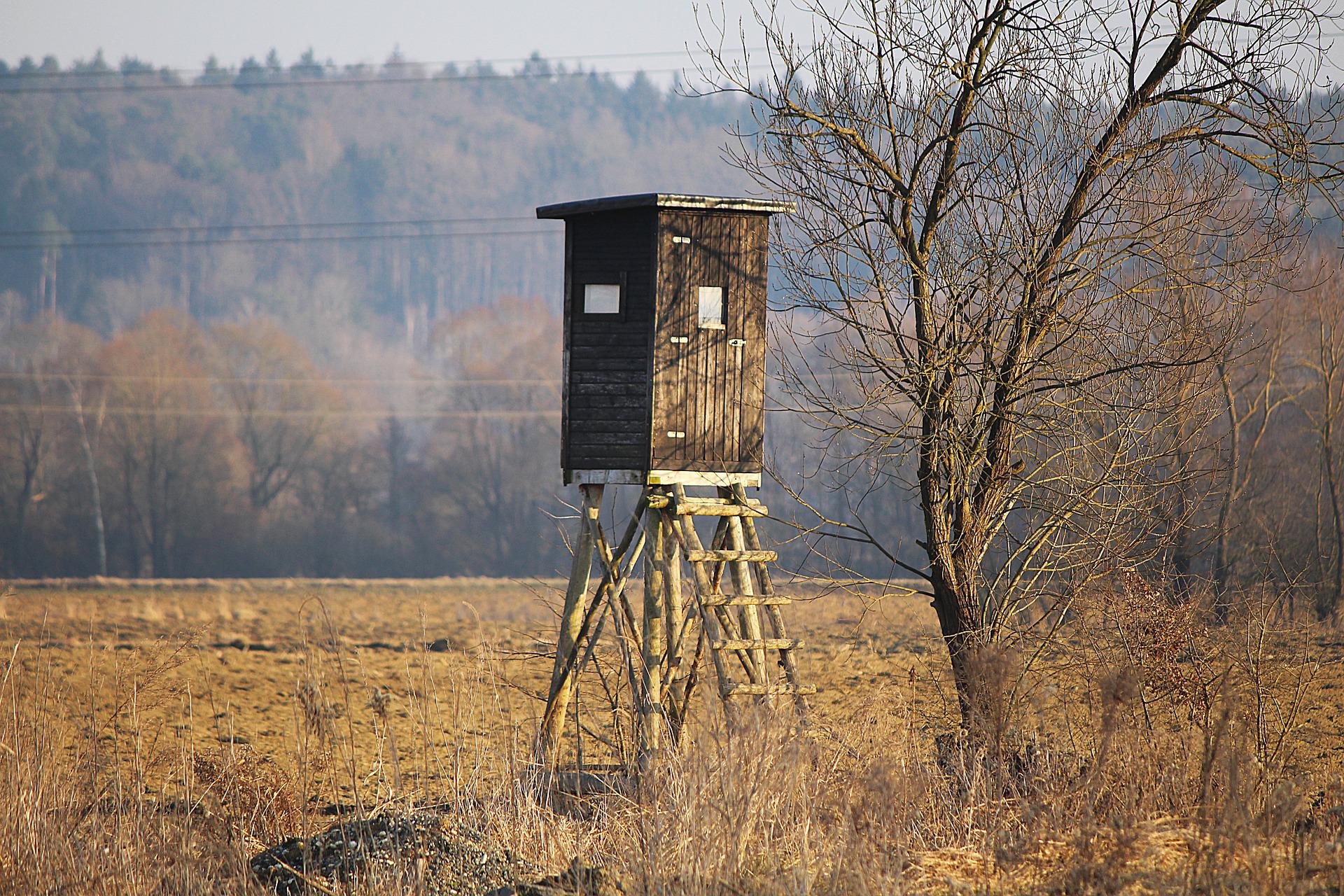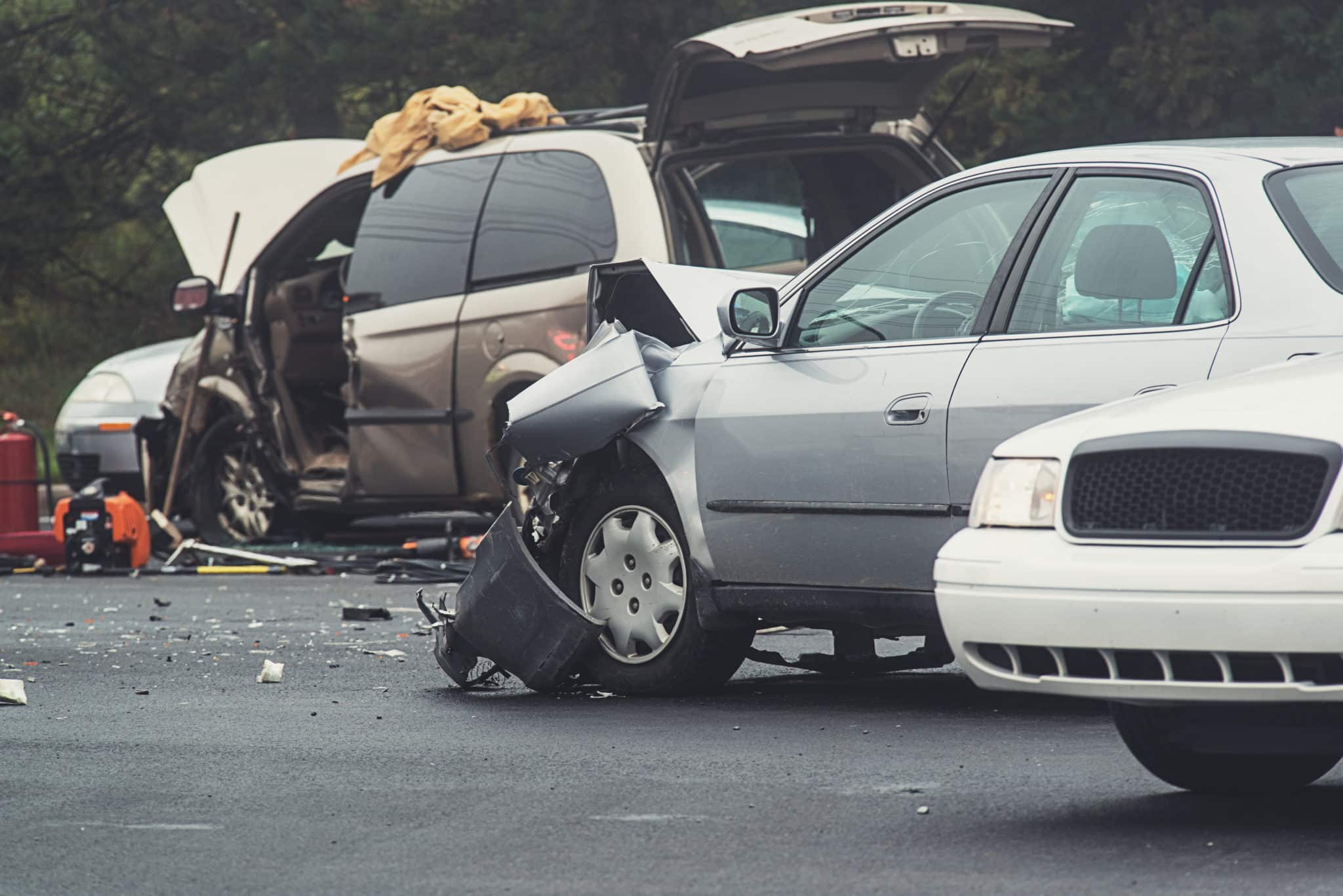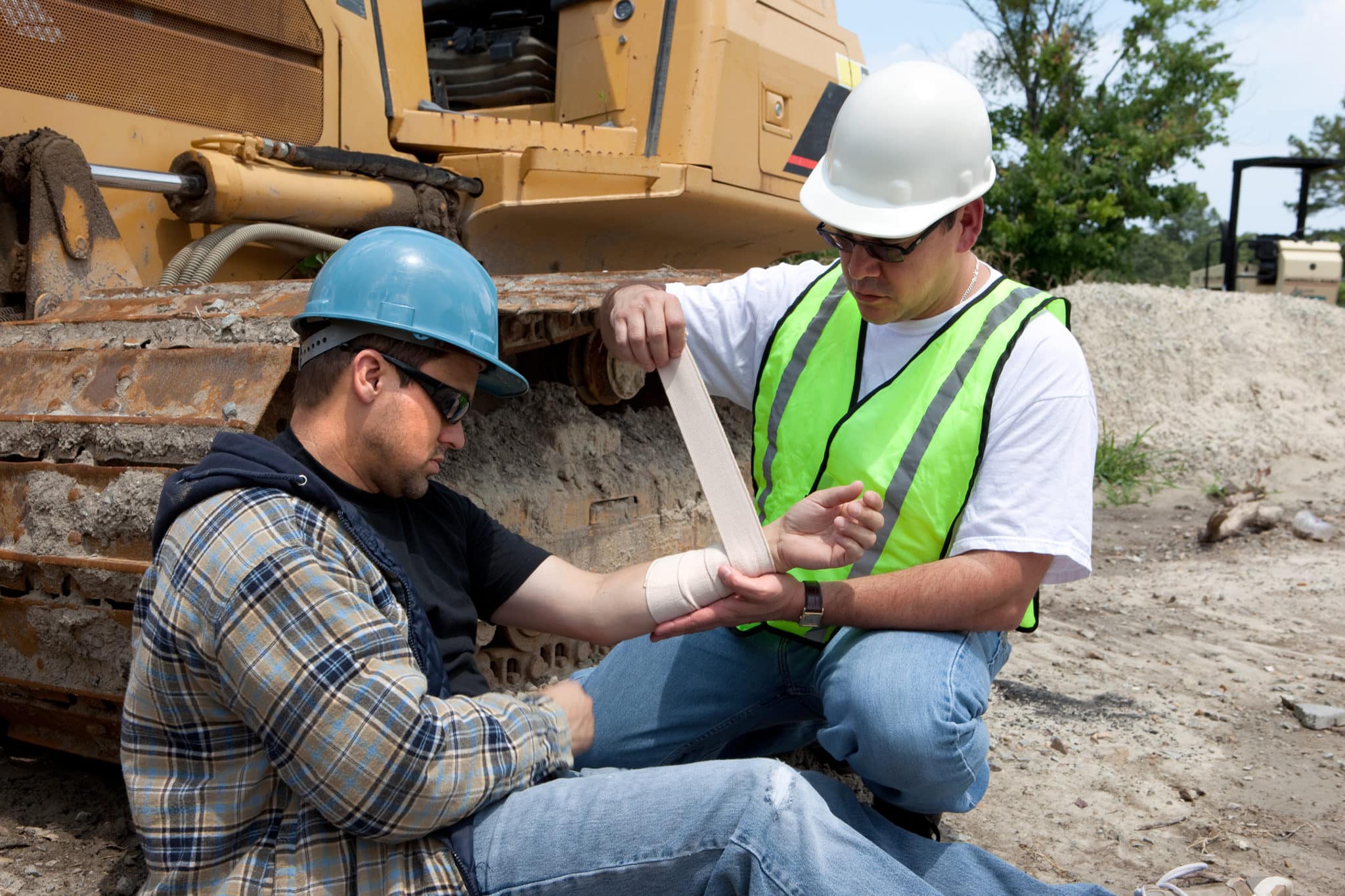Young attorneys, we were once in your shoes! Each trial is unique and going to trial can be daunting early on in your career. If you’re trying a case, here are our top tips for being successful at trial.
Prepare Yourself
It may seem obvious, but preparing yourself is the number one tip to being successful at trial. Prepare yourself with knowledge of all the deposition testimony and discovery responses. Be intimately familiar with the facts of the case. You should never have to look at a piece of paper in trial unless it is to introduce that document as an exhibit. You should know your case like the back of your hand, inside and out, better than anyone else in the room.
Subpoena the Witnesses
Most likely you will be in close communication with your witnesses, but make sure to subpoena them as well. Subpoenas give your witnesses an official legal excuse from work and ensures they will show up to trial. From the plaintiff’s side, don’t always assume the defendant is going to show up for trial. If you are going to call the defendant as a witness, subpoena him/her as well.
Use Pre-Trial Motions to Your Advantage
Motions in limine are those you can use ahead of trial to get the judge to rule on certain issues that may come up during the trial. These motions seek to limit evidence that is irrelevant, inadmissible or prejudicial to your client. Identify the important issues in your case. If there is something that needs to be addressed by the court or can be addressed by the court ahead of time, file those motions. Whether you win or lose those motions, you can adjust your strategy knowing what evidence or topics can or cannot be introduced at trial.
Pre-Organize Your Exhibits
Once you know what evidence is coming in or not, make sure your evidence is redacted appropriately, pre-labeled, pre-marked, and organized in the order in which you plan to introduce those records at trial. Trial notebooks and exhibit lists are helpful. Make sure all of this is done ahead of time and ready to go before the trial begins. If you are using technology, make sure you have everything scanned in to your computer so you are not relying on an internet connection.
Know Your Judges Preferences
Every judge is different and has his or her own style on how the trial will be conducted. Don’t be afraid to call or email the staff attorney to see how the judge handles certain things before trial begins.
Prepare the Jury
In our opinion, jury selection is the most important part of a trial. You should prepare for jury selection just as much as you do for the trial itself. Don’t be afraid to talk about the issues of your case in jury selection. If you don’t get an unbiased jury sitting in the jury box, your case is done before you even give an opening statement. You must have open and honest dialogues with potential jurors about their feelings on certain issues. One question a great attorney out of Savannah, Jeff Harris, once told us and we try to use with jurors is, “If you were injured due to the fault of somebody else, would you have any hesitation bringing a lawsuit against them?” If someone has hesitation, they are probably going to be a bad juror for you as a plaintiff. Be prepared to ask tough questions to tease out biases potential jurors might have when dealing with a client that has previous injuries or preexisting conditions, etc. You might also have to touch on more sensitive issues hot button political issues, gender, and race — whatever happens to be involved in your case. If you’re worried something might be an issue for jurors, it probably is and needs to be addressed in jury selection.
Prepare Your Client
Preparing your client doesn’t mean you tell them what to say. Preparing your client means to give them the knowledge and understanding of what the situation is actually going to be like when they are sitting on the witness stand. What sort of questions can they anticipate? Reassure them they can stick up for themselves. Remind them to be polite.
Prepare Your Cross Examinations
Preparing early will allow you to succinctly cross examine your witnesses. We like to start preparing by writing out the story or narrative you want to give the jury. Then break that down into leading questions you can ask the witnesses to tell the story. You don’t want to argue with witnesses or get off on a tangent. Consider what information you want and need from each witness and prepare accordingly to control the witness during your cross.
Limit Your Objections
Be selective with objections in trial unless it is something just egregious. You are not necessarily limited to how many objections you can make, but the more you object as a plaintiff attorney, the more the jury might think you are trying to hide something. You can also be more selective with your objections when you file the proper motions and deal with any evidentiary issues you might have ahead of time, pre-trial.
Check Out the Courthouse and Familiarize Yourself with the Environment
If you can, go to the courthouse before the trial and familiarize yourself with the space. Find out what kind of technology is available, where the televisions are located, etc. Rural counties might not have the best technology available so know what you are able to work with ahead of time. If your client is able, take him/her with you to the courthouse ahead of time. Most clients have never been in a courtroom before. Let your client sit in the witness box and familiarize themselves with the space. This usually helps your client feel a bit more comfortable when it is time for trial.
Be Respectful of the Jurors’ Time
Jurors were summoned; they didn’t volunteer to be in court. They are taking time out of their lives and not getting paid much to be there. Let the jurors know you have a duty to be there and you’re going to take the time needed to present your case, but you’re going to do so in an efficient manner and respect their time.
Think Hard About What Your Case is Truly Worth
At the end of trial, you are going to have to ask the jury to award a monetary value. If you don’t believe your case is worth a particular value, the jury won’t either. At the end of the case make sure your ask is fair and reasonable. As a plaintiff’s lawyer, don’t let your ego get in the way. We all see and hear of the really large verdicts, but most cases are not worth millions of dollars. Some cases are worth $10,000.00 and others are worth $10,000,000.00. If you have a $100,000 case and you ask for $1,000,000, you’re probably going to get awarded nothing or very little. Make sure the ask is appropriate for the facts of your case.
For more information on Tips for Winning at Trial, be sure to check out our video on this topic and many more on our YouTube channel.
